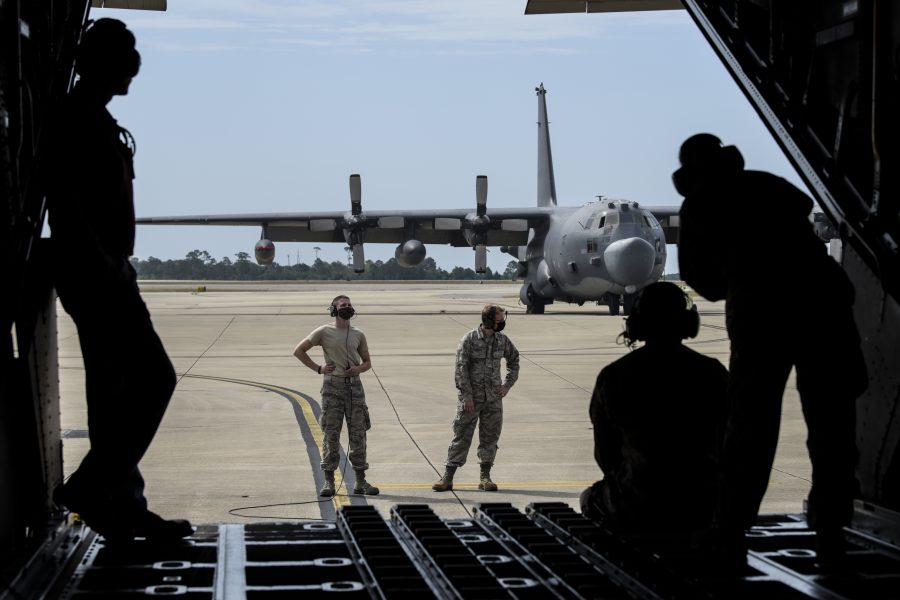Air Force Special Operations Command is running an experiment to see if it can successfully generate small, deployable teams of multi-capable Airmen to better align with the Air Force’s agile combat employment model, AFSOC Commander Lt. Gen. James C. “Jim” Slife said Feb. 16.
“The problem statement for us is, ‘How do you build and force-generate combat support capabilities that are ready to operate in that future operating environment in a method that isn’t based on our current home station garrison construct?’ And so, this is a place where AFSOC is really putting a lot of effort right now,” he said during a Mitchell Institute for Aerospace Studies “Aerospace Nation” event.
When in garrison, separate squadrons handle contracting, logistics readiness, and other support functions. But that doesn’t line up with how the command uses those skills in the fight. For example, he noted, U.S. Central Command has never asked him to “quickly deploy” a single kind of mission-support squadron to its area of responsibility.
“We’ve got a pilot effort going on at one of our bases right now where we are assuming risk in some installation support functions to build a small multi-functional team of Airmen that will go through a force-generation cycle and a deployment cycle together with the operating forces in a way that is representative of what we think the future operating environment might require,” he said.
Picture “a small unit of Airmen where the forklift driver” can also run the communications suite, and the “generator electrician” can provide security backup at a Forward Operating Base, he said. This promotion of versatile Airmen is a centerpiece of the ACE force-employment model, which also espouses quick deployments and operations from austere or bare bases.
“This type of multifunctional, team-based organization is really what I think the future of mission support is gonna look like, and so, we’re pretty excited about the work we’re doing in that regard,” he said.
Slife declined to disclose which base is hosting the pilot program, saying he said wants to give Airmen room to “experiment,” “learn lessons,” and make mistakes without outside pressure to get it right.
“I’m 100-percent confident we’re gonna be successful,” he said. “I just … don’t know whether it’ll be this year or the second cycle after we learned from the first one.”
